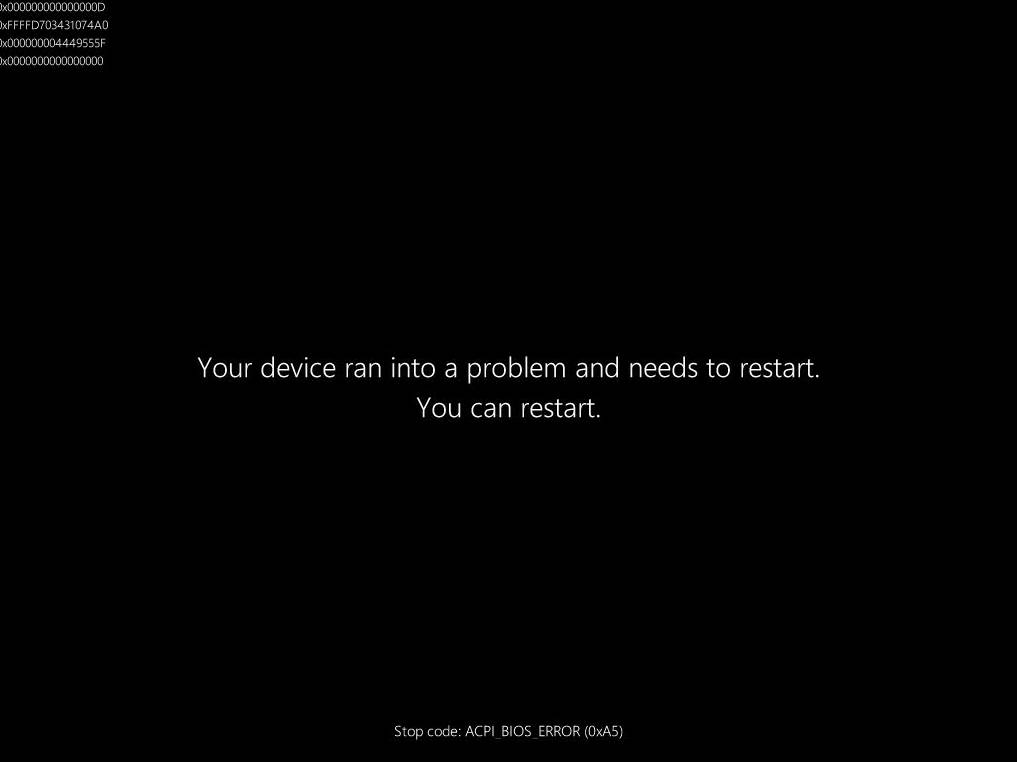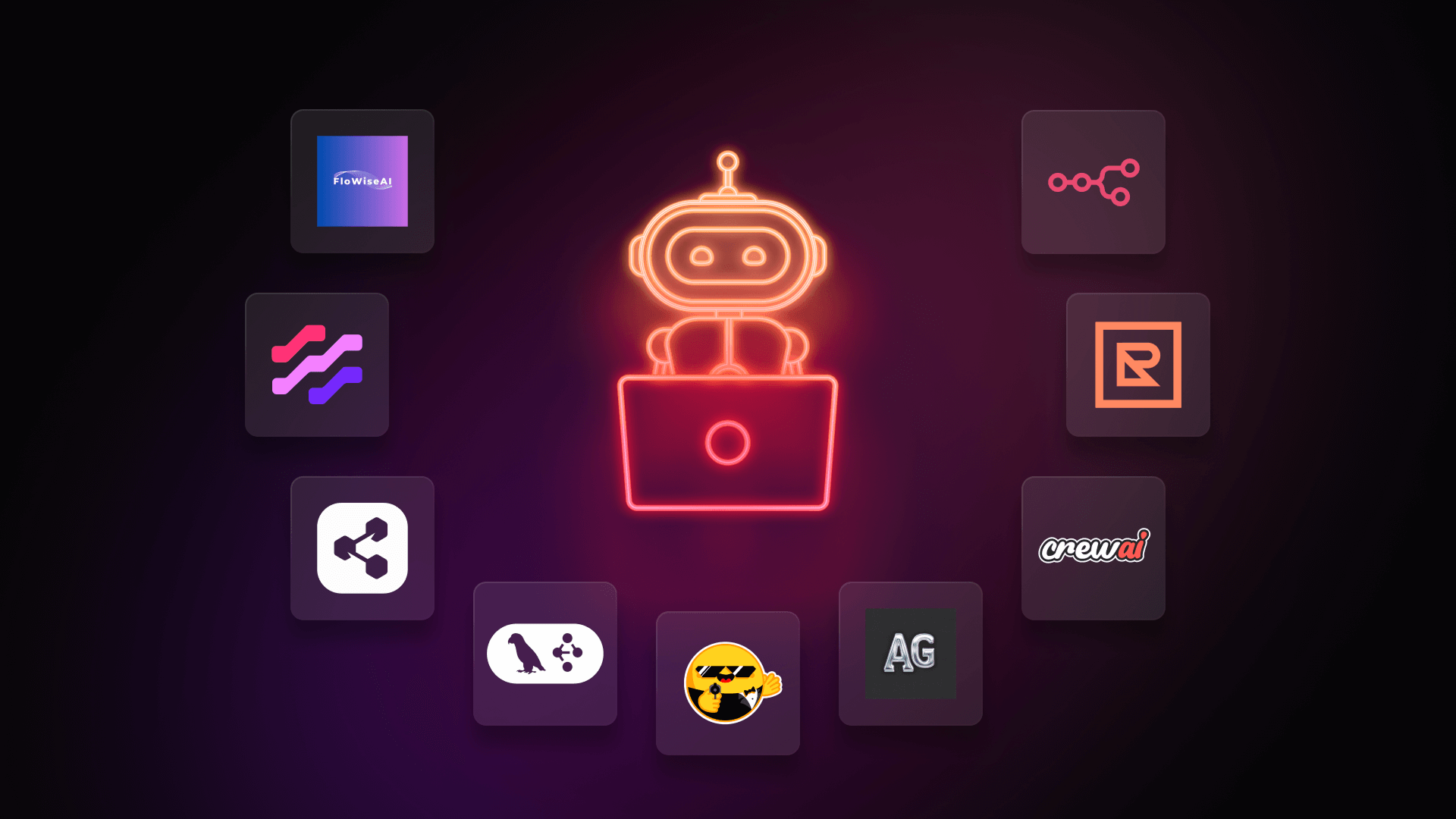OpenAI on Tuesday rolled out its o3-Pro model for ChatGPT Pro and Teams subscribers, slashed o3 pricing by 80 percent, and dropped a blog post from CEO Sam Altman teasing "intelligence too cheap to meter."
"The average query uses about 0.34 watt-hours, about what an oven would use in a little over one second, or a high-efficiency light bulb would use in a couple of minutes. It also uses about 0.000085 gallons of water; roughly one fifteenth of a teaspoon," Altman said in a post.
This is in line with prior outside estimates. Epoch AI published a similar figure in February. The firm said, "a GPT-4o query consumes around 0.3 watt-hours for a typical text-based question, though this increases substantially to 2.5 to 40 watt-hours for queries with very long inputs."
But looking at AI energy usage on an average query basis grossly oversimplifies concerns about the technology's environmental impact, given the massive number of queries users are entering - over a billion a day as of last December, according to the company.
When the MIT Technology Review explored AI energy usage recently, the conclusion did not align with Altman's claim that "Intelligence too cheap to meter is well within grasp." Rather, the publication cited research from the Lawrence Berkeley National Laboratory estimating AI-specific purposes in data centers will consume between 165 and 326 terawatt-hours of energy in 2028 - enough to power 22% of all US households.
OpenAI's o3 model isn't too cheap to meter, but due to an optimized inference stack, it's 80 percent less expensive than it used to be: Input: $2 per 1M tokens; Output: $8 per 1M tokens. But there are still many cheaper models.
Overall, Altman's musings skew toward techno-optimism – surprise! He posits a flood of wondrous discoveries a decade hence arising from AI superintelligence, whatever that is.
"Maybe we will go from solving high-energy physics one year to beginning space colonization the next year; or from a major materials science breakthrough one year to true high-bandwidth brain-computer interfaces the next year," he said.
Maybe. Or maybe not. We note that fellow futurist Elon Musk, who once cautioned about releasing the AI demon, predicted in 2016 that humans would land on Mars by 2025. Tech leaders simply pay no cost for misprediction.
- Trump administration's whole-government AI plans leaked on GitHub
- Starbucks brews up AI to support baristas instead of replace them
- Half of businesses rethink ditching humans for customer service bots
- Mozilla frets about Google's push to build AI into Chrome
But Altman has more thoughts to share.
In the 2030s, intelligence and energy – ideas, and the ability to make ideas happen – are going to become wildly abundant
"In the 2030s, intelligence and energy – ideas, and the ability to make ideas happen – are going to become wildly abundant," he opined. "These two have been the fundamental limiters on human progress for a long time; with abundant intelligence and energy (and good governance), we can theoretically have anything else."
Altman's post also exemplifies the slap-and-kiss that has characterized recent AI evangelism, citing risks but insisting all will be well in the end.
"There are serious challenges to confront along with the huge upsides," Altman wrote. "We do need to solve the safety issues, technically and societally, but then it’s critically important to widely distribute access to superintelligence given the economic implications."
Gary Marcus, an AI expert, author, and critic, took the post as an opportunity to compare Altman to discredited Theranos CEO Elizabeth Holmes, now serving time for fraud.
Had Altman consulted his own company's ChatGPT on the fundamental limiters of human progress, he'd have been presented with a far more extensive list that includes: Cognitive and Psychological Constraints, Sociopolitical Systems, Economic and Resource Constraints, Technological and Scientific Limits, Ecological and Environmental Boundaries, Cultural and Ethical Constraints, and Temporal and Physical Limits. And each of these categories comes with multiple bullet points.
Yet the biggest news to emerge amid Altman's pollyannaish prognostication may be that OpenAI, nurtured by billions from Microsoft, reportedly plans to expand model availability through a partnership with Google Cloud. And it was only a year ago that Microsoft described longtime partner OpenAI as a competitor.
OpenAI did not immediately respond to a request for comment. ®
.png)




